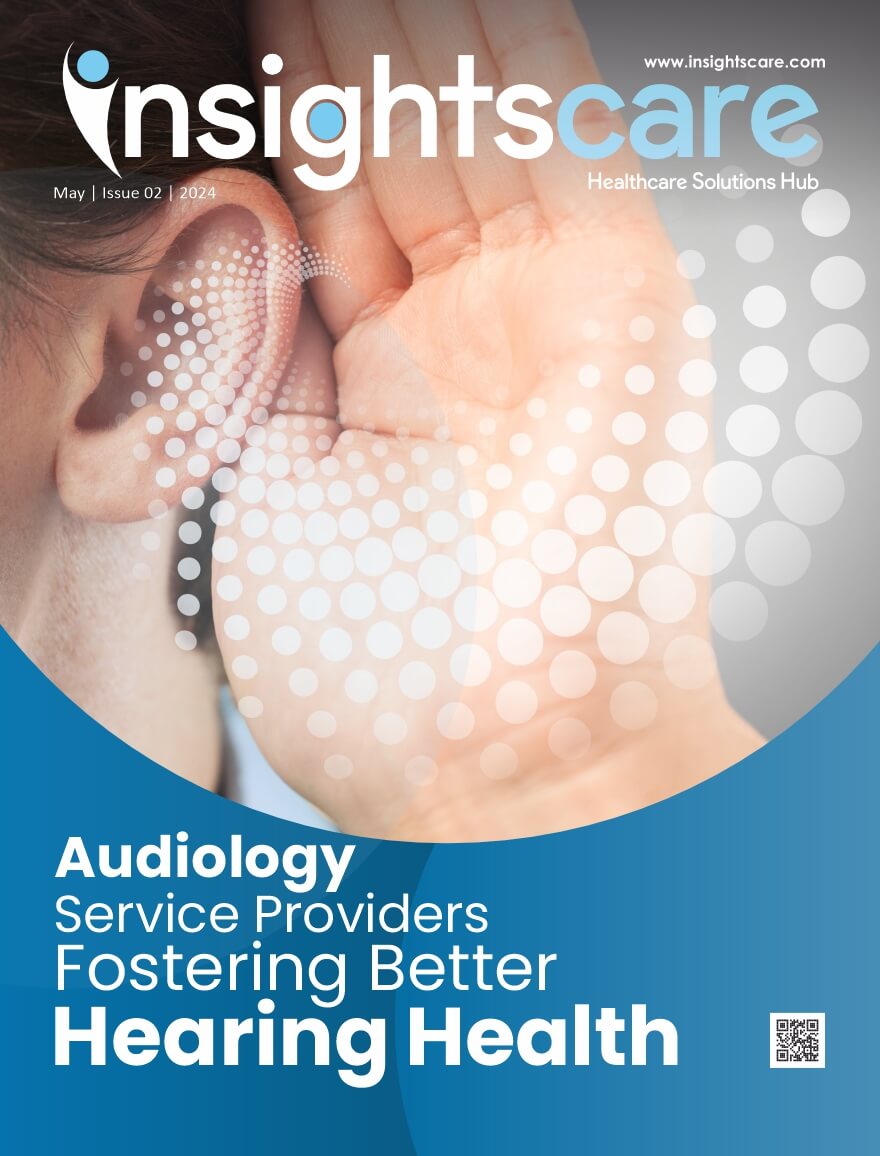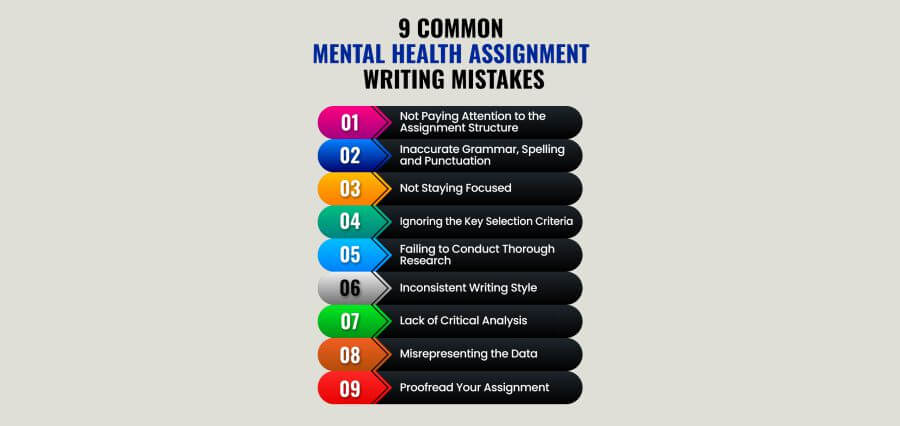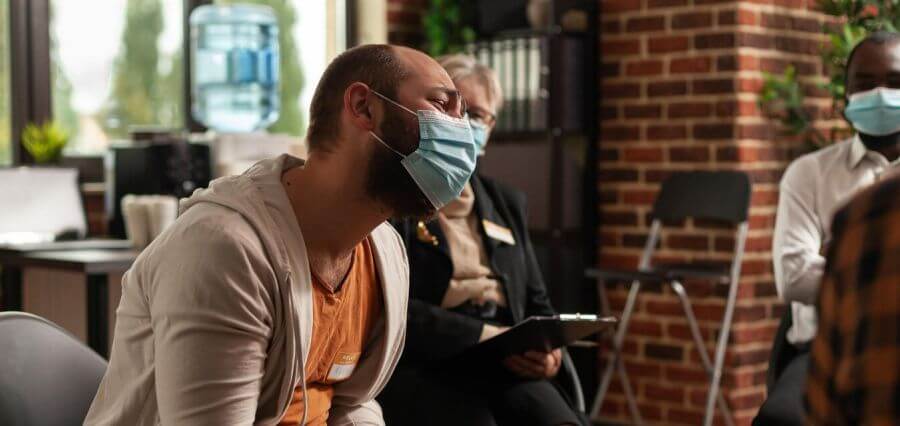Keeping our mental health in top condition is easier said than done as we face a lot of stress every day. As a result, we’ll need access to every resource that we can use to counteract mental health issues when our resolve shatters. Speaking of resources, one treatment that is gaining attention is ketamine therapy.
In this article, we’ll delve deeper into how ketamine can benefit people with different mental health conditions.
The Origins of Ketamine
Ketamine originated in the 1950s when it was first used as an anesthetic. It often sees the most use in surgeries, where the anesthetic can numb the pain of surgical operations. However, it is not limited to anesthesia use. Numerous studies have shown its efficacy in treating mental health issues.
Currently, many medical practices such as the ketamine clinics in Braintree, MA now employ it as a means to curb many mental health problems.
How Is Ketamine Administered?
Ketamine is administered in two ways. One is through intravenous infusion. The other method is through the use of nasal sprays under the name “Esketamine”. Regardless of how it is administered, both ketamine treatments have displayed degrees of success in curbing mental health problems.
Another method of administering ketamine is through ketamine lozenges. But, this is not readily available as your doctor will provide them for you. They’re used as medication between the periods of your ketamine therapy for anxiety sessions.
What Mental Health Conditions Do Ketamine Remedies?
Now that we understand the administration and origins of ketamine, let’s explore the mental health conditions it can address. We’ll also discover why ketamine therapy is specifically recommended for these conditions. With that said, let’s cover each mental health issue:
1. Depression

Depression nowadays can be treated through the use of administering ketamine into the patient’s body system. Unlike other depressants, ketamine’s effects kick in at the very moment it enters the patient’s body. Also, the medication has a long lingering period where the effects continue even after it has left the patient’s body.
Ketamine treatments can take up to three weeks before their effects dissipate from the body. That means, the patient undergoing the treatment has three weeks where their depressive episodes are reduced to a minimum.
2. Post-Traumatic Stress Disorder
Ketamine is also showing up as a very promising solution to Post-Traumatic Stress disorder. Administering ketamine into the body of the patient through IV or shots will reduce inflammation and anxiety within the individual. Also, the patient will experience significantly reduced levels of stress and fear.
Even a single infusion of ketamine can induce long-term changes in the brain of an individual with PTSD. However, for safety, it is advised to undergo multiple infusions to ensure lasting improvements. Take note though that this treatment isn’t a cure-all and may require ketamine-assisted psychotherapy and counseling.
3. Anxiety
The scenario for anxiety is almost similar to how ketamine treats PTSD. There’s a study that has presented that a single dose of ketamine infusion has lowered panic attacks and irritability in anxious patients. While a single dose is potent, it’s still suggested that higher doses provide better longevity to its positive effects.
On an average, a high dose of ketamine treatment can have effects lasting up to two weeks in patients with anxiety. Again, as a reminder; this treatment will require complementary therapy such as counseling to maximize its positive effects.
4. Suicide Ideation
Ketamine treatment and infusion are also seen with interest as a means to treat suicidal thoughts. There was a study that was conducted regarding this matter wherein the treatment presented positive effects on the patient. A single infusion of ketamine was revealed to be capable of providing up to 72 hours of curbing suicidal thoughts.
The results presented indicate that there is now an accessible method to address acute suicidal ideation. But, researchers are still finding ways to make the treatment more sustainable. Also they are finding ways to make the effects last longer too.
The Mechanism Behind Ketamine’s Beneficial Effects
The way ketamine treatment works inside the brain is compared to a flipped switch. The brain is the switch and the treatment is the hand. To put it into a detailed explanation, ketamine triggers the activation of specific neurotransmitters and pathways. What happens next is that the brain will experience rapid growth of new neural connections.
Researchers believe that excessive stress can lead to neuronal death, which may be a root cause of depression. Ketamine medications trigger the regrowth of neural connections which links to the positive effects. One example scenario is patients experiencing euphoria after treatment. Furthermore, it has been revealed that the effects of Ketamine can persist even after it has left the nerve cells.
The influenced neurons will still continue branching out and making new synapses over the next hours and days.
- Speaking of lingering effects, there’s also a good reason why doctors recommend repeated ketamine treatment. That’s because the drug is crucial in correcting defective synapses. These synaptic connections will detach then regrow, and reattach to the neutral network.
- But, the regrowth and reconfiguration won’t last forever. There will come a point where the synapses would fail again to reform and connect. That’s a sign that the patient needs to take another ketamine therapy session.
Ketamine is a Strong Contender for Mental Health Treatment
Who would have known that an anesthetic could become a powerful solution to the multitude of mental health issues we face today? Ketamine is showing up to be a premier solution to many mental health problems. This drug will allow the brain to repair and reconfigure. Consequently, the patient may experience prolonged periods of intense happiness.
However, it is still advisable to combine ketamine therapy with psychotherapy and counseling. After all, maximizing the positive effects is essential to make the journey to mental health recovery smoother.
| Read More Articles: Click Here |















